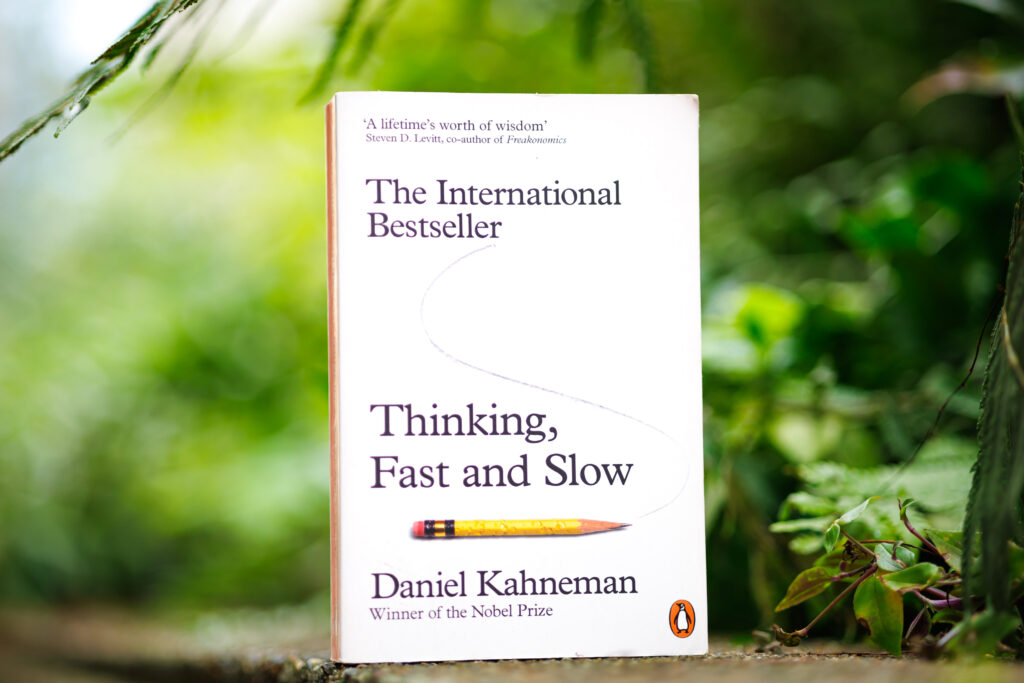
Professor Monfort specializes in economic policy in the Faculty of Foreign Studies. Having experience doing research for international organizations and the French government, he now focuses his attention on Japanese economic policy. His research hopes to inform the creation of appropriate public policy necessary to support entrepreneurship and innovation.
The subject of my research is economic policy. For instance, I look at how superior policies come about and the reasons behind missteps during the planning stage. The world today is grappling with serious problems—climate change, digital transformation, an aging society, and others—we simply do not have time to keep repeating mistakes through trial and error. I want to contribute to better policy making by examining different situations around the world and deriving insights from them.
My experience includes working for the International Monetary Fund (IMF) and the French Ministry of Finance as well as involvement in different countries’ economic research. At the IMF, I was based in Washington D.C. and worked on African and South American countries, and for the French Finance Ministry, I was based in Tokyo and researched and reported on the economies of Northeast Asia and Oceania. Currently, I am researching the economic policy of Japan.
Abenomics ignores problems of inequality and the environment

On the theme of Japan’s “lost decade,” I worked with Professor Sebastien Lechevalier to research Japan’s macroeconomic policy and why it took so long to recover. Factors like slowing growth are complex, but our research indicated that the government, market participants, and international organizations at the time all had overly optimistic projections for the Japanese economy, and this caused a delay in swift, albeit painful corrective measures.
We also wrote a paper on the results of “Abenomics,” the economic policy spearheaded by the former prime minister Shinzo Abe. Despite being a Prime Minister from a conservative party, Abe was largely successful in opening up the Japanese economy by signing international trade treaties, bringing in foreign workers, and attempting to attract inbound tourists to Japan. On the other hand, the issues of inequality and the environment were shoved aside, leaving them for later cabinets to handle.
Currently, I am researching another of Japan’s issues, which is the question of what economic policies are necessary in order to promote entrepreneurship and innovation. In a 2012 conversation between the former U.S. Secretary of the Treasury Larry Summers and Nobel Prize in economics recipient Paul Krugman, the former brings up the reasons why Japan’s economic stagnation has become so severe. There is no denying that aging has played a part, but I don’t agree with his comment on Japan’s epic insularity or the utter lack of entrepreneurial spirit.
Japan has produced many entrepreneurs
The number of so-called unicorn startups in Japan—those commanding a valuation of more than 1 billion USD—is merely one third the number of those in countries like Germany and France, despite Japan having a larger population. Given the size of the Japanese economy, the question arises: why don’t we see more unicorns?
I first examined two hypotheses: cultural factors and government policy. Looking back at history, Japan produced countless numbers of entrepreneurs from the Meiji up through its period of rapid growth. Therefore, the first hypothesis, cultural factors, doesn’t work, and so now I am continuing to examine government policy and institutional environments while comparing them to other countries.
I don’t only compare with Silicon Valley in the U.S., but also with the business environment ranking of the World Bank or World Economic Forum indicators while also confirming the details of the data and collection methodologies those rankings and indicators are based on. Taking into account that the rankings can change drastically based on factors such as the corporate tax rate, I am carefully looking into which elements are necessary for promoting entrepreneurship.
For Japan, which is now coming to terms with being the most aged society on the planet, I think that coming up with realistic solutions to liberalize institutions and support innovation is of critical importance.
The book I recommend
“Thinking, Fast and Slow”
by Daniel Kahneman, published by Penguin Books

This book is written by a Nobel prize winning economist, but it includes a psychological perspective. In the chapter called, “The Engine of Capitalism,” Kahneman claims that optimism is the source of strength to overcome the difficulties and risks of being an entrepreneur. Overconfidence should be avoided, but I do want young people to be energetic optimists.
-
Brieuc Monfort
- Associate Professor
Department of French Studies
Faculty of Foreign Studies
- Associate Professor
-
Brieuc Monfort has a M.Sc. in economics and data science from ENSAE in Paris, and earned his Ph.D. from EHESS (Ecole des Hautes Etudes en Sciences Sociales). He previously worked for the International Monetary Fund in Washington D.C. for 5 years and at the French Ministry of Finance in Paris, New Delhi, and Tokyo for a total of 8 years. He is an associate researcher at the Fondation France-Japon de l’EHESS in Paris, and a fellow at the European Institute at Sophia University, where he has also been an associate professor in the Department of French Studies since 2017.
- Department of French Studies
Interviewed:September 2022